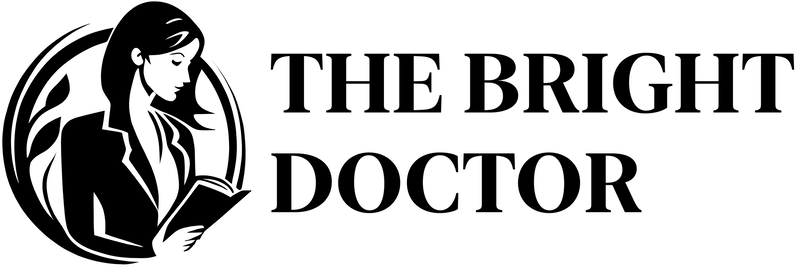University of Washington School of Medicine
Gaining admission to University of Washington School of Medicine is Moderately Competitive. Applicants typically have an average GPA of 3.81 and an average MCAT score of 512.
Statistics
To summarize, listed below are the most important academic statistics for University of Washington School of Medicine applicants:
Students Who Got In, Helping You Get In
Get your application reviewed by top medical students on AdmissionPeer™

Tuition
Affording medical school can be tough, often requiring students to take on significant loans. Information about the yearly tuition for University of Washington School of Medicine is below.
For more information about tuition at University of Washington School of Medicine, visit the following link: https://mdadmissions.wustl.edu/how-to-apply/financial-aid/cost-of-education/
Friendliness
Some schools prefer in-state candidates, while others are more receptive to out-of-state or international applicants. View our school "friendliness" scores for University of Washington School of Medicine below:
IN-STATE
OUT-OF-STATE
INTERNATIONAL
Mission Statement
It is always important to read and understand a medical school's mission statement before applying. Often, you will find out what the medical school stands for, and if you fit in with the general "vibe" of the medical school. However, being honest, most medical schools have the same run-of-the-mill mission statement as everybody else. Anyways, you can be the judge. Below you can find the mission statement for University of Washington School of Medicine:
For more information on the mission statement for University of Washington School of Medicine, visit the following link: https://medicine.wustl.edu/about/mission/
Situational Judgement Tests
University of Washington School of Medicine does not require the completion of either the CASPer® nor the AAMC PREview™ examinations.
Dates, Deadlines, and Fees
Throughout your application cycle, there are many dates to be cognizant of in order to ensure the successful completion of your application.
The secondary application deadline is the final day for all your application materials to be together, which includes submitting the secondary essays, all letters of recommendation, all test scores, etc. Sometimes, schools may have earlier deadlines for letters of recommendation. However, note that for the vast majority of schools it is best to submit your secondary application as soon as possible: within 2 weeks of receiving the secondary application is a good rule-of-thumb.
Below are some other helpful dates:
Medical School Interview Question Bank
Learn to provide expert answers with expert questions & model answers.
Prerequisite Courses
Most schools have a list of prerequisite courses that you need to have completed before matriculating. View information provided for University of Washington School of Medicine below:
PHYSICS
CHEMISTRY
GenChem = General Chemistry
OChem = Organic Chemistry
Biochem = Biochemistry
Labs are heavily recommended. One semester of biochemistry may be substituted for one semester of organic chemistry. A course in biochemistry, though not required, is encouraged.
BIOLOGY
GenBio = General Biology
HL Bio = Higher Level Biology
Labs are heavily recommended.
HUMANITIES & BEHAVIORAL SCIENCES
Demonstrated competency in social sciences, humanities or "human condition".
ENGLISH/WRITING
MATHEMATICS/STATISTICS
Calculus and Statistics recommended (biostatistics preferred)
OTHER REQUIRED COURSES
OTHER RECOMMENDED COURSES
Anatomy or comparative anatomy, Embryology, Ethics, Human or mammalian physiology, Microbiology and/or Immunology, Psychology, Anthropology, Sociology, Political Science, Economics, Psychology, Religion, History, Philosophy, Literature
SOURCE: https://www.uwmedicine.org/school-of-medicine/md-program/admissions/course-requirements
Special Programs
Many schools have dual-degree programs for motivated applicants. View the ones offered at University of Washington School of Medicine below:
Contact Information
View contact information (phone and email) available to contact University of Washington School of Medicine below:
CONTACT #1
CONTACT #2
Secondary Application Essay Prompts
Below are the past secondary (supplemental) application essay prompts for University of Washington School of Medicine.
Interview Questions
Below are common interview questions that you might encounter on your important day for University of Washington School of Medicine.
